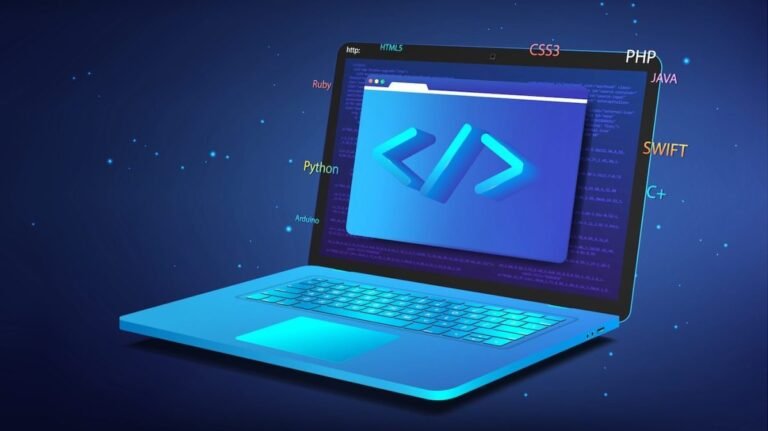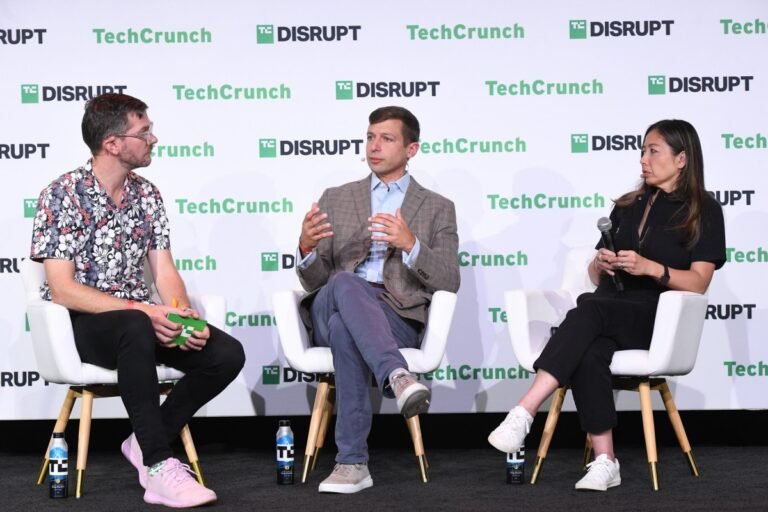
Conservative think tank The Heritage Foundation said on Friday that it experienced a cyberattack earlier this week.
A person with knowledge of the cyberattack told TechCrunch that efforts at Heritage were underway to remediate the cyberattack, but said that it wasn’t immediately known what, if any, data was taken.
Politico, which first reported the news of the cyberattack on Friday, cited a Heritage official as saying the organization “shut down its network to prevent any further malicious activity while we investigate the incident.”The news outlet quoted the Heritage official as saying that the cyberattack likely came from nation-state hackers, but did not provide evidence of the claim.
Founded in 1973, Heritage is based in Washington DC, and supports and lobbies on conservative issues.
Heritage was hit by a cyberattack in 2015 in which hackers stole internal emails and the personal information of its donors.

Dubbed ‘Caracal,’ this new release emphasizes new features for hosting AI and high-performance computing (HPC) workloads.
Indeed, as the OpenInfra Foundation announced this week, its newest Platinum Member is Okestro, a South Korean cloud provider with a heavy focus on AI.
But Europe, with its strong data sovereignty laws, has also been a growth market and the UK’s Dawn AI supercomputer runs OpenStack, for example.
“All the things are lining up for a big upswing and open-source adoption for infrastructure,” OpenInfra Foundation COO Mark Collier told TechCrunch.
That’s in addition to networking updates to better support HPC workloads and a slew of other updates.

Seven open source foundations are coming together to create common specifications and standards for Europe’s Cyber Resilience Act (CRA), regulation adopted by the European Parliament last month.
And this is what the seven open source foundations are coming together for now.
By coming together as one, this should go some way toward treating open source software development as a single “thing” bound by the same standards and processes.
Throw into the mix other proposed regulation, including the Securing Open Source Software Act in the U.S., and it’s clear that the various foundations and “open source stewards” will come under greater scrutiny for their role in the software supply chain.
“The open source community and the broader software industry now share a common challenge: legislation has introduced an urgent need for cybersecurity process standards.

The Open Source Robotics Foundation (OSRF) this week announced the launch of the similarly named Open Source Robotics Alliance (OSRA).
The new initiative is designed to maintain development for and maintenance of open source robotics projects, with a particular focus on the OSRF’s own robot operating system (ROS).
First released in 2007 by erstwhile Bay Area incubator Willow Garage, ROS has played a foundational role in robotics development for decades.
In a show of support, Nvidia and Qualcomm have both signed on as “Platinum” members for the new alliance, along with Alphabet’s X spinout Intrinsic.
Former Open Robotics CEO Brian Gerkey (who current serves as Intrinsic’s CTO) has been appointed to the OSRA’s board of directors.

Naturally, Nvidia wants a piece.
Keeping things in the Marvel Cinematic Universe is Jetson Thor, a new computer designed specifically for running simulation workflows, generative AI models and more for the humanoid form factor.
Nvidia notes of the new silicon:The SoC includes a next-generation GPU based on NVIDIA Blackwell architecture with a transformer engine delivering 800 teraflops of 8-bit floating point AI performance to run multimodal generative AI models like GR00T.
Naturally, Nvidia wants a piece of the action.
The next several years will present a fascinating race for market share between humanoids and mobile manipulators, and Nvidia wants a piece of all of that action.

The Bill and Melinda Gates Foundation is pumping $3.5 million into C16 Biosciences, the Y Combinator-backed company fermenting alternatives to the environmentally destructive palm oil business.
While the industry’s given itself something of a makeover lately, deforestation linked to palm oil production is once again on the rise.
Using yeast and agriculturally derived feedstocks, C16 already brews an alternative to the seed oil for use in beauty products, under the name Palmless.
A 2020 study found that climate pollution from palm oil plantations alone equate to about half that of the whole aviation industry.
In addition to the Gates Foundation and Elemental, C16’s previous investors include Bill Gates’ Breakthrough Energy and DCVC.

The Bill and Melinda Gates Foundation is pumping $3.5 million into C16 Biosciences, the Y Combinator-backed company fermenting alternatives to the environmentally destructive palm oil business.
While the industry’s given itself something of a makeover lately, deforestation linked to palm oil production is once again on the rise.
Using yeast and agriculturally derived feedstocks, C16 already brews an alternative to the seed oil for use in beauty products, under the name Palmless.
A 2020 study found that climate pollution from palm oil plantations alone equate to about half that of the whole aviation industry.
In addition to the Gates Foundation and Elemental, C16’s previous investors include Bill Gates’ Breakthrough Energy and DCVC.

At Prosus, this has involved guiding startups through the GenAI landscape, helping them not just adapt, but also win in a market that is rapidly transforming.
In this article, I distill those learnings into a practical playbook for GenAI, aimed at helping startups to not only survive but also thrive in the GenAI era.
GenAI value creationBalancing protective measures, like data protection protocols, with progressive strategies, such as AI-driven product rollouts, is essential.
Disruption diagnostics: Dissect risk and readinessIt is crucial to understand your company’s current standing in relation to GenAI disruption.
This involves a thorough analysis of risk exposure and operational readiness, which provides a foundation for a robust GenAI strategy.

According to DocSend data, investors aren’t scouring pitch decks as earnestly as they were in the past.
“For founders now, perfecting the pitch, having an efficient sales strategy, and scoping the product with urgency will create a strong foundation for success that attracts investors.”Thanks for reading and happy holidays!
KaryneAsk Sophie: Is it easier yet for AI founders to get green cards?
— All About AIGet the TechCrunch+ Roundup newsletter in your inbox!
“The drier funding climate of 2023 only served to weed out the weaker businesses that had managed to secure capital in 2021,” she writes.

Founding a company during economic uncertainty and excelling takes more than just a hungry founder with a good idea.
Investors are engaging with fewer pitch decks from founders, according to DocSend data — investor activity dropped less than 2% year-over-year (YoY) from 2022 and 4% from 2021.
Just a few years ago, a founder’s market led to “zombie” companies raising money at unrealistic valuations with a “growth at all costs” mindset, proving there are pitfalls even in a highly founder-friendly market.
There will be founders who fail in 2023, but there will also be founders who succeed in ushering in the companies that define a generation.
Instilling solid building blocks for the company’s foundation is even more critical in a tighter economy and investor’s market.













